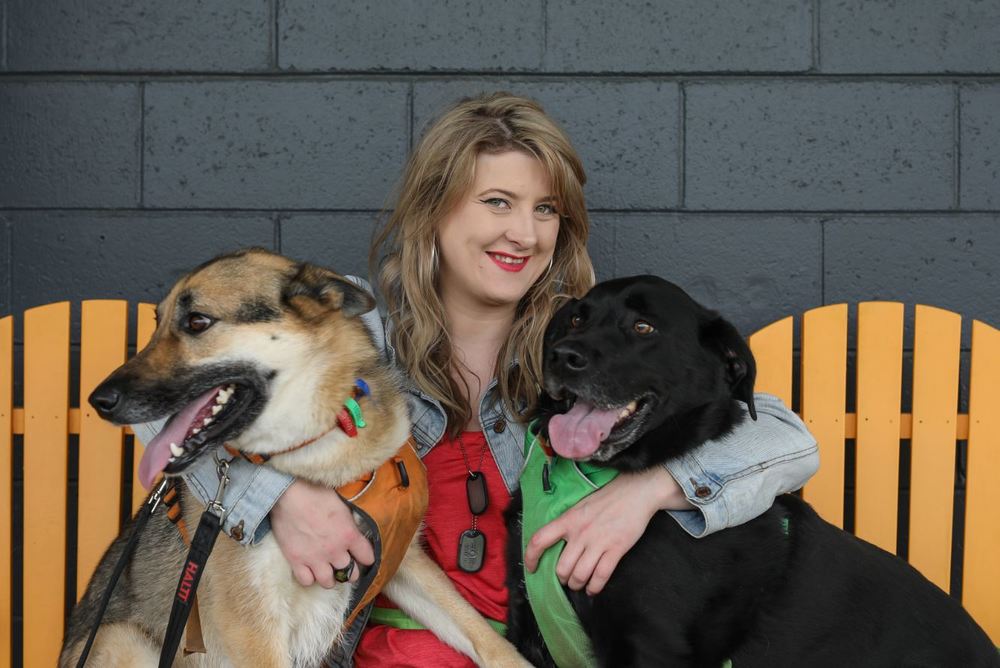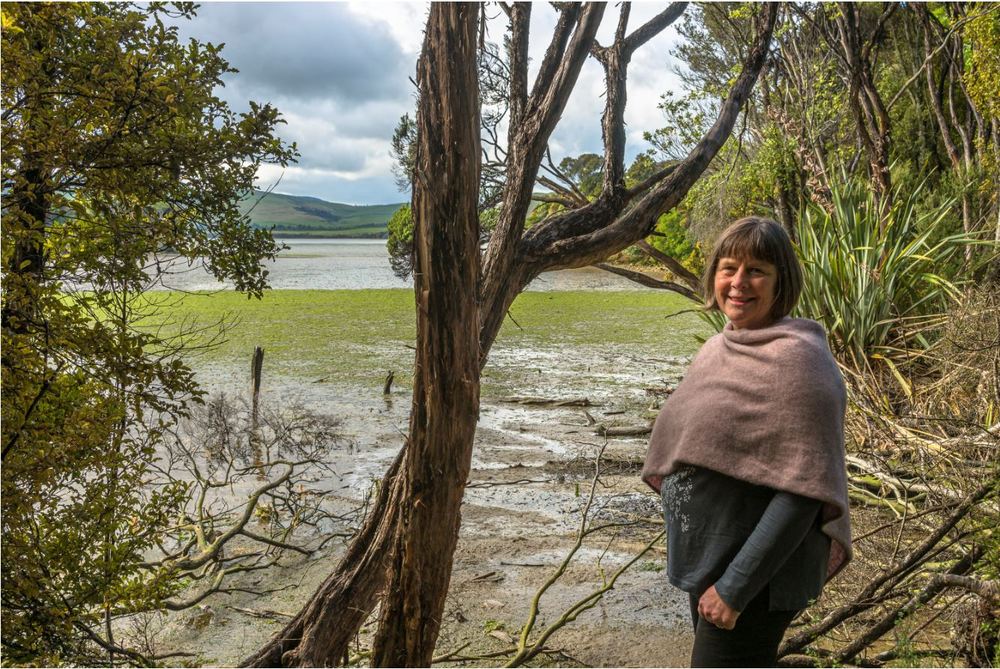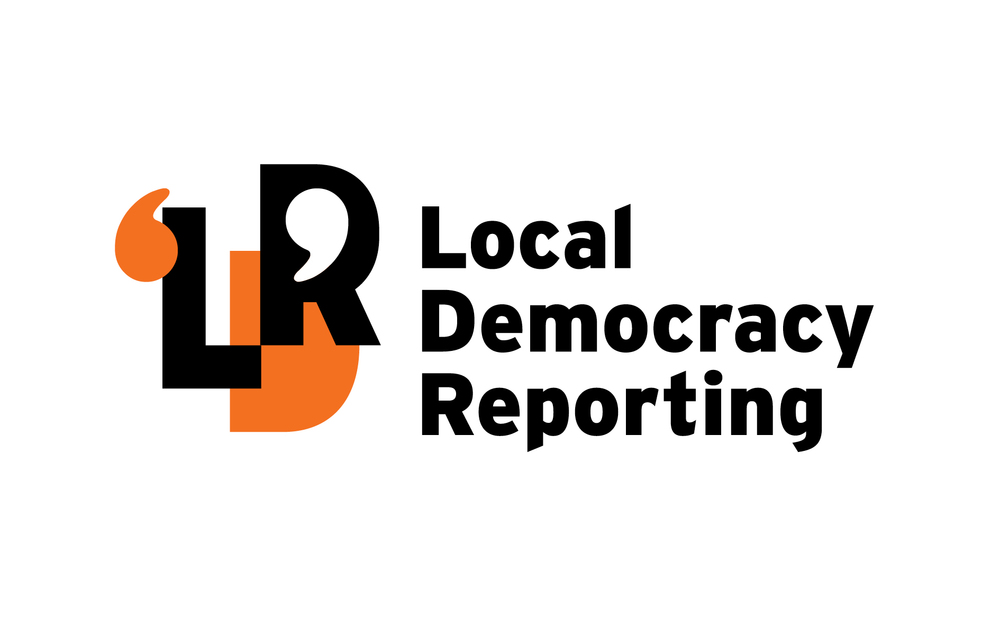Southland councillors speak out over poor female representation in elected roles
Local Democracy Reporter
08 July 2021, 6:42 AM
 Invercargill City councillor Rebecca Amundsen is one of just three women on council. Photo: Supplied
Invercargill City councillor Rebecca Amundsen is one of just three women on council. Photo: SuppliedAn Invercargill city councillor says feeling invisible and being told to calm down is part of her experience of being one of the few women in Southland local politics.
Only a quarter of Southland's councillors are women, with one council having just two elected females.
Rebecca Amundsen, a previous deputy mayor of Invercargill, is one of just three women councillors at Invercargill City Council.
While that number was originally four, it dropped when former deputy mayor Toni Biddle resigned over issues with Mayor Sir Tim Shadbolt, prompting a by-election won by Marcus Lush.
Advertisement: Southtile
Amundsen said her time as deputy between 2017 and 2019 was not without its issues, either.
"When I was deputy mayor, I was asked several times if I was Tim's minder when I was in places with him," she said.
“I’d be at meetings ... and people would come into the room and they’d shake hands with Tim and they would shake hands with Richard [King, ex-chief executive], and they’d go to walk straight past me.
“I’ve been told several times to calm down. Things like that wear a little bit thin.”
Advertisement: Intaks
At the Southland District Council, four of the 12 elected members were women.
Those numbers were an increase from a six-year period between 2013 and 2019 when Julie Keast was the sole female representative.
Environment Southland, the regional council, had just two women on its 12-member council.
“People don’t necessarily vote you in based on your suitability for the role.
Advertisement: Nind Dairy
‘‘Most people don’t know what the role is, or what suitability for that role might look like,” Amundsen said.
“I try to be positive about it, but sometimes I think, man, this is really quite flawed.”
Amundsen believed democracy at local level was about having a well-known name, but hoped more women would be elected if they put their name forward.
At the 2019 Invercargill City Council election, of the 29 people who stood for council, nine were women and four were elected.
Advertisement: Howl at the Moon
Environment Southland councillor Bonnie Mager said the lack of female representation had been a major factor in why she’d stood in the first place.
Just over halfway through her term, Mager said her experience had been positive overall, but said comments she had received during her campaign were “a little bit sexual, or outside the box”.
Environment Southland generally held meetings during the day and had good childcare policies, but meeting times at other councils were difficult for some would-be councillors, she said.
“If you had kids, I don’t know where you’d find the time. You’d have to have a lot of support.”

Bonnie Mager says lack of female representation was a driving factor in why she ran for the regional council in 2019. Photo: Supplied / Environment Southland
Southland district councillor Julie Keast described the day she saw other women being sworn in as “very happy”.
Keast was the only female councillor between 2013-19, and said although other councillors were supportive and welcoming, she felt the weight of being the only female voice present.
“It was a great day, because it was a more balanced council.”

Julie Keast was the only female councillor at Southland District Council for six years. Photo: Supplied / Southland District Council
Southland District Mayor Gary Tong said it was important to have “diversity around the table”, but said who stood for office was outside of their control to regulate.
Tong also said no nominations were received for the recent Oraka Aparima Community Board by-election.
“I find that disappointing.”
Environment Southland chairman Nicol Horrel held similar views.
Advertisement: Frew Engineering
“We recognise that having diversity around the table is important to ensure we have a wide range of perspectives.
‘‘However, it’s up to the people who vote to decide who they want to represent them.”
A spokesperson for Invercargill City Council said it spent time each voting cycle ensuring the election process was transparent and accessible to both candidates and voters.
‘‘However, the voting public alone decides who represents them.’’
The next local body election is set for October 8, 2022.
By Local Democracy Reporter Matthew Rosenberg
Republished by Arrangement
AG | TRADES & SUPPLIES
ACCOMMODATION







